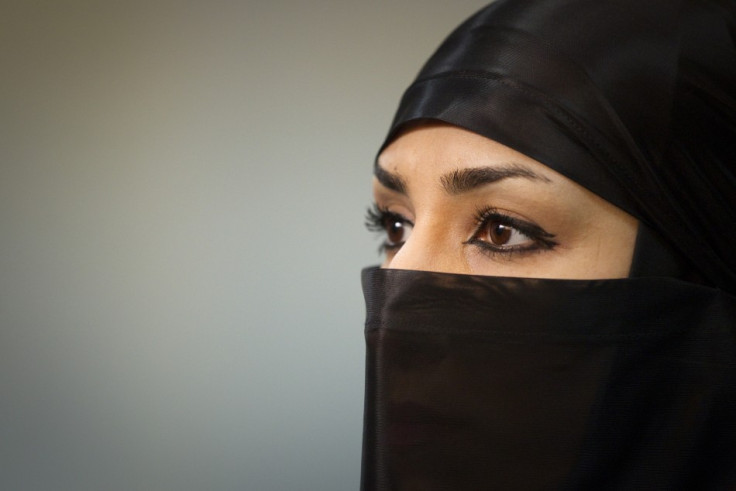Paris Opera House Expels Woman for Wearing Niqab after Cast Refuses to Perform La Traviata

A Muslim woman wearing a niqab has been forced to leave a theatre in France after the cast refused to perform in protest against her attire.
The niqab is a traditional Muslim garment which covers the head and chest, with the exception of the eyes. It is illegal in France.
The incident occurred during the performance of La Traviata at Opera Bastille in Paris, the opera house's deputy director Jean-Philippe Thiellay told AFP.
The episode is believed to have happened on 3 October. However, French media did not report it until Sunday [19 October].
The woman, from the Gulf State, was visiting France with her companion. She was asked to remove the veil or leave the theatre as "performers said they didn't want to sing," Thiellay explained.
After the deputy-director was made aware of the cast's request, an usher approached the woman.
"He told her that in France there is a ban of this nature, asked her to either uncover her face or leave the room. The man asked the woman to get up, they left," Thiellay said, adding that it was unpleasant "to ask someone to leave."
"But there was a misunderstanding of the law and the lady either had to respect it or leave," he added.
The pair had paid €231 (£183) each for their seats. They did not demand any compensation, Opera Bastille said.
The use of the niqab and the burqa, a veil worn by some Muslim women which covers the entire body with a semi-transparent cloth covering the eyes, has been illegal in France since 2011.
According to the law, people are not allowed to wear garments that cover the face, including masks, balaclavas (cloths that cover the face with exception of the eyes), helmets and hoods in public spaces.
Transgressors are subjected to fines of up to €150 (£118).
In 2011, the then president Nicolas Sarkozy defended the law by saying it was necessary to deny shoplifters and terrorists the chance to hide their identities and facial features.
© Copyright IBTimes 2024. All rights reserved.






